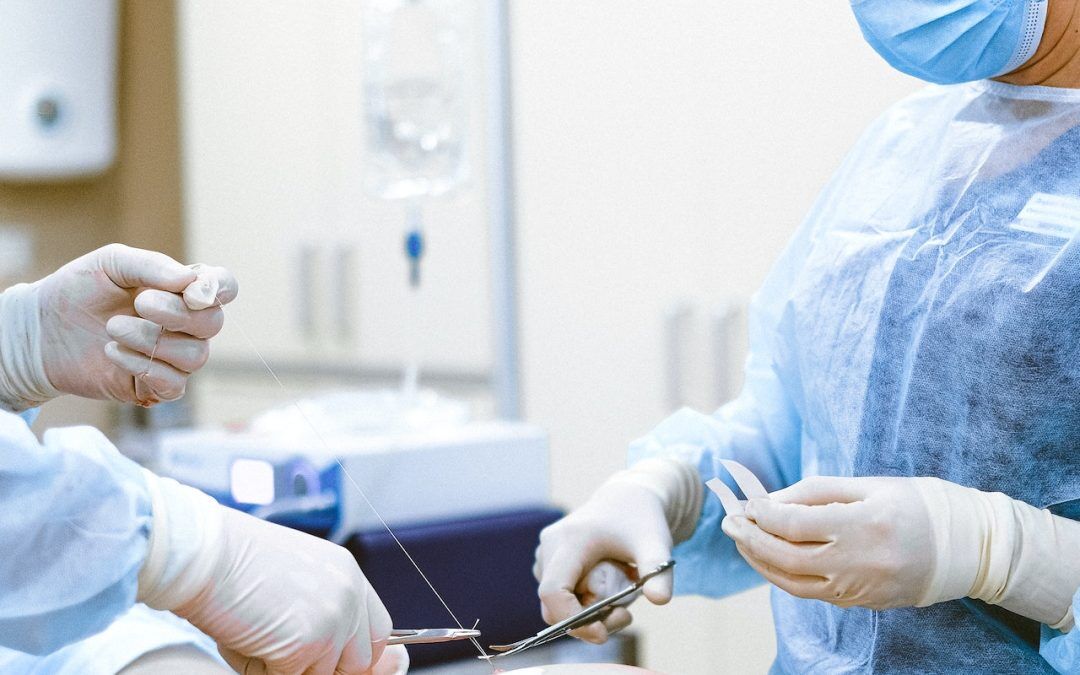Nalgonda patient undergoes high-risk double heart procedure at CARE Hospitals

Hyderabad: A 69-year-old patient from Nalgonda Yellaiah has made a remarkable recovery following a high-risk Aortic Valve Replacement (AVR) combined with Coronary Artery Bypass Grafting (CABG) at CARE Hospitals, Malakpet.
The complex surgery was performed under challenging conditions, underscoring the hospital’s advanced capabilities in cardiac care and multidisciplinary teamwork.
Critical diagnosis and worsening condition
Yellaiah was admitted to CARE Hospitals, critically ill, presenting with a high-grade fever, severe shortness of breath and dangerously low vitals.
A detailed evaluation revealed a confluence of serious heart conditions: a Bicuspid Aortic Valve with severe stenosis, evidence of infection on the heart valve and coronary artery disease (CAD).
His heart function was severely compromised.
Despite initial efforts to stabilise him with antibiotics and supportive care, his condition deteriorated rapidly, leading to multi-organ dysfunction, including acute kidney injury, liver congestion and thrombocytopenia.
Facing a progressive decline, the cardiac surgical team made the difficult decision to proceed with the combined surgeries despite the high risk.
Successful complex surgery
The surgical team successfully performed the AVR using a bioprosthetic valve along with the CABG. The perioperative and postoperative phases required meticulous, round-the-clock management.
Following the procedure, the patient’s health dramatically improved. His fever subsided, and both his liver and kidney functions gradually normalised. Yellaiah was discharged in stable condition just ten days after the high-stakes operation.
A testament to teamwork
Dr Sudheer Gandrakota, senior cardiothoracic and vascular surgeon at CARE Hospitals, Malakpet, explains, “Performing multiple procedures in such a critically ill patient with active infection and multi-organ dysfunction is extremely challenging,” he stated.
“This successful recovery reflects the combined efforts of our surgical, anaesthetic, and critical care teams, who worked tirelessly to ensure the best possible outcome for the patient,” the doctor said.
Source link

